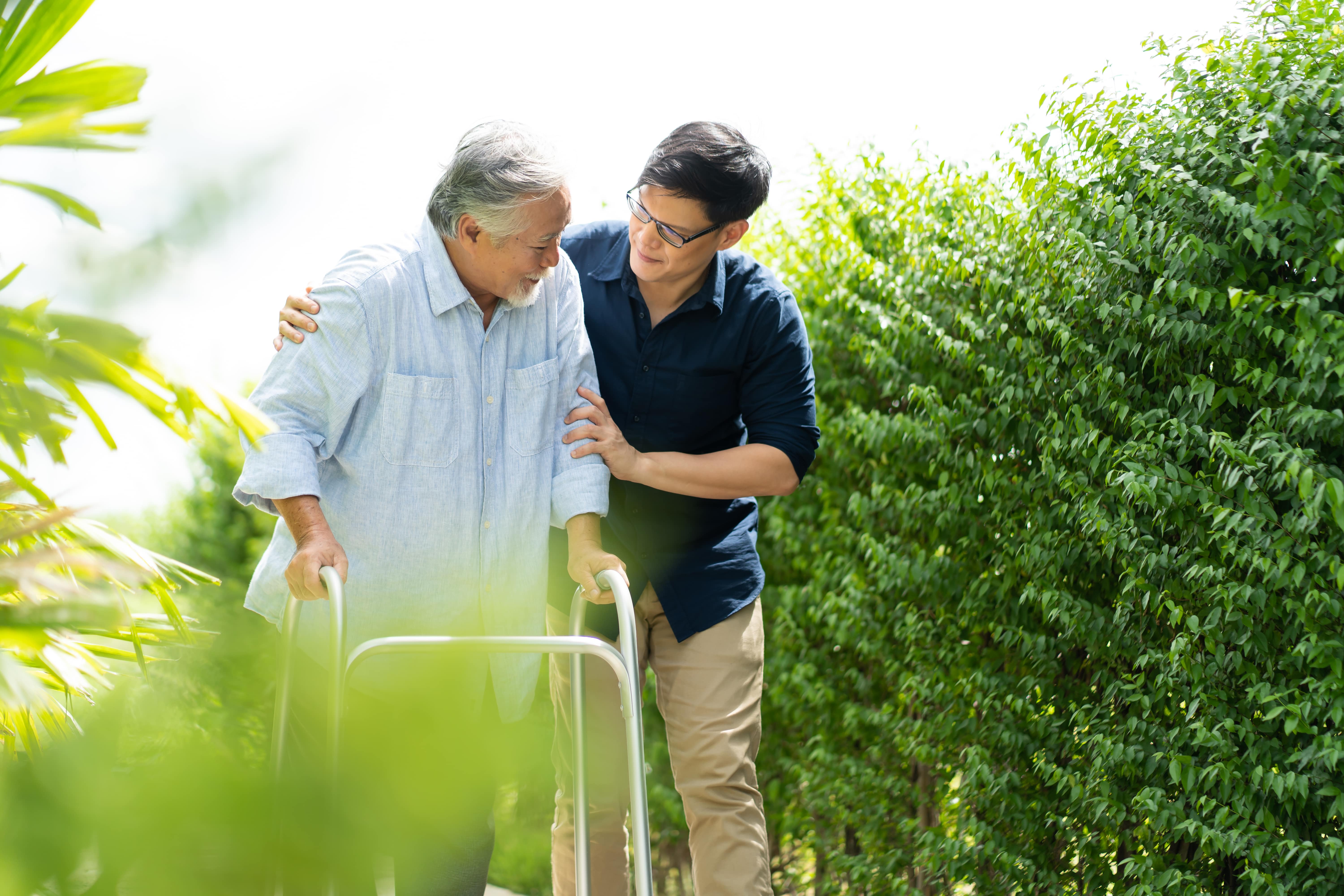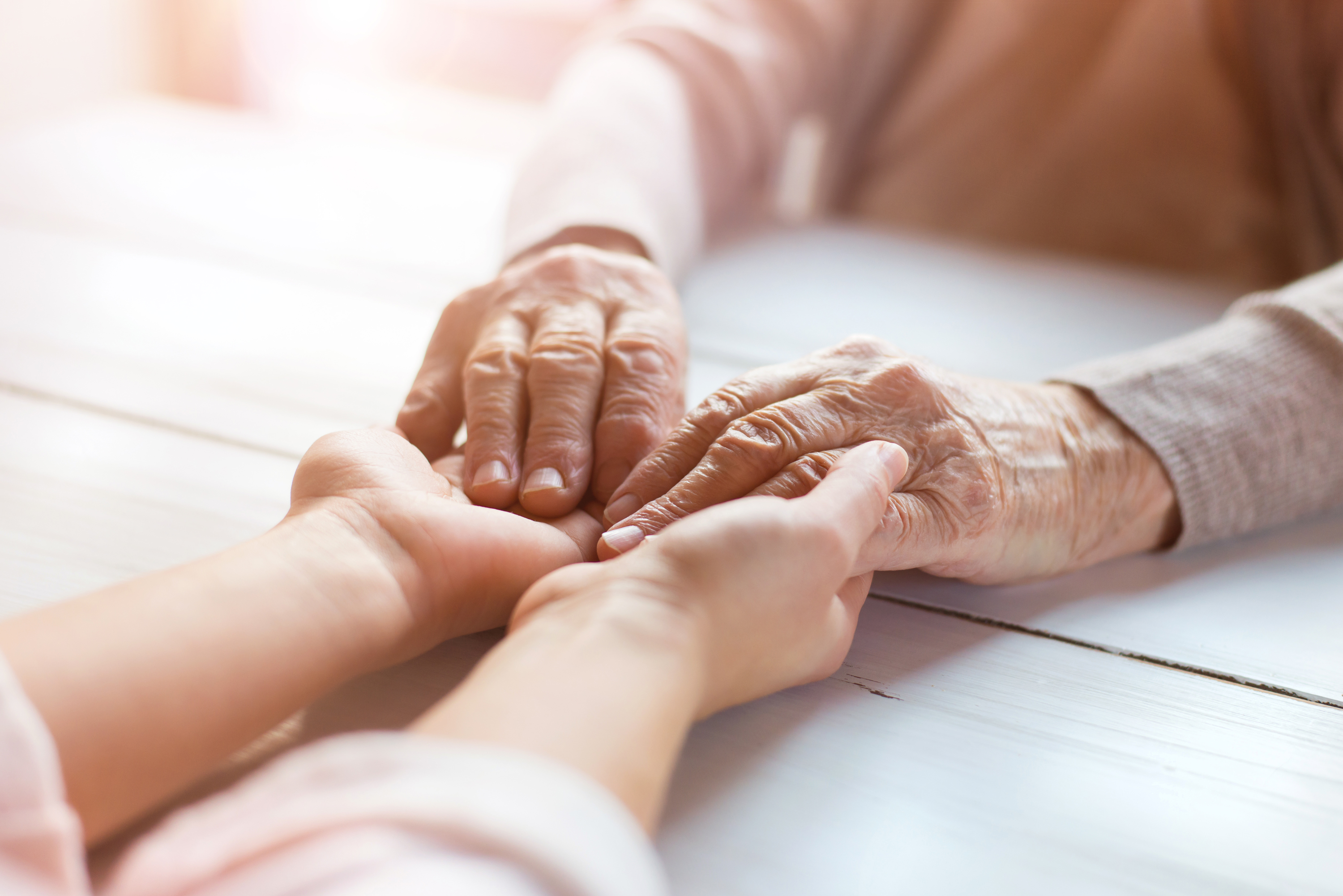Resources
Mobile Resource Library Tabs
Filters
Search
Categories Navigation
Asset Publisher
Content with Topic Family Caregiving .
Resources

Taking on Caregiving Responsibilities: Balancing Expectations vs Reality
As your loved one ages, you may find that the demands of caregiving are growing, and it can be too much to handle. Whether you’re helping with small tasks or assisting a loved one with bathing, no caregiving task truly feels all that small, but others can certainly feel too overwhelming. Your expectations may be that you can do it all – caregiving on top of managing your own household, job and other responsibilities. Or, it could be that others’ expectations for care are growing and you feel pressured to live up to it. Whichever the case may be, accepting the situation and learning to work with it may be the first step to making life easier down the road.
Read MoreBy Branka Primetica | 02/15/2022

Annual Caregiving Conference: Engaging Caregivers in Evidence-Based Programs
The conference explores successes and challenges in the dissemination of evidence-based programs to family and friend caregivers. Keynote speaker, Erin Long, MSW, Team Lead, Alzheimer's Disease Programs Initiative of the Administration for Community Living, discusses experiences with engaging caregivers in programs and services, along with marketing strategies. Presentations also highlight experiences of organizations engaging caregivers and delivering evidence-based programs, including strategies to overcome barriers that keep caregivers from enrolling in support programs, and lessons learned through their marketing efforts.
WatchBy David Bass, Rachel Cannon, Erin Long, Branka Primetica, Donna Barrett, Christine Jensen, Ginger Ragans, Lisa Weitzman | 01/24/2022

Caring for Loved Ones with Intellectual and Developmental Disabilities and Dementia
Caring for a loved one with intellectual and development disabilities (IDD) already presents a unique set of challenges from those faced by most caregivers. When a loved one with IDD presents with changes in behavior, memory and sometimes mobility, those challenges are then joined with the challenges of being a dementia caregiver—and can often feel confusing, overwhelming and at times even too much to handle.
Read MoreBy Julie Hayes | 01/18/2022

Caregiving for Older Loved Ones through Natural Disasters
For caregivers, preparing for and responding to the aftermath of a natural disaster comes with the additional challenge of protecting the safety and needs of a vulnerable loved one. This challenge can be compounded further by a loved one’s disability or illness. Whether we live in the South and need to prepare for hurricane season and flooding, live in the West and face earthquakes and wildfires, or live in the North and risk snow- and ice-related power outages, it is crucial for us to be proactive when taking care of a loved one during a disaster. A helpful way to stay prepared is by developing an emergency preparedness plan.
Read MoreBy Sara Powers, PhD | 01/18/2022

Stigma and Working Caregivers: Why Are We Afraid to Talk About Caregiving at Work?
Caring for an older loved one or friend touches many of us. According to the Family Caregiver Alliance, one in six employed Americans report assisting with the care of an older loved one. Moreover, an estimated 10 million millennials are now a part of the caregiver population. So why are we still afraid to talk about caregiving while at work? The answer is stigma.
Read MoreBy Lisa Weitzman | 01/18/2022
